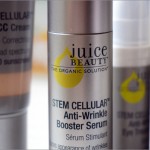
Certified organic ingredients ≠certified organic
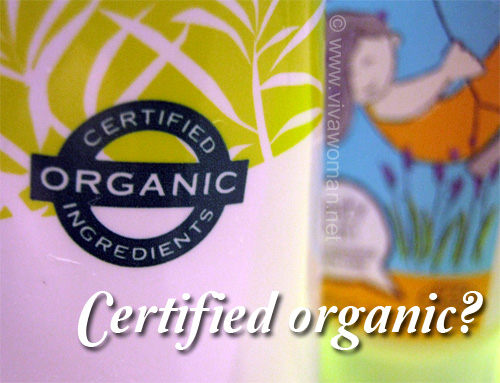
I’m quite sure many of us are quite confused with the various organic certification and standards in the market for skin care and cosmetics. Unless you read the labels carefully and do your research, chances are, you maybe green washed into thinking that some products are certified organic when they are not exactly so. For example, I see more and more products these days bearing self-made logos that state their ingredients are certified organic, which can mislead some consumers to think that the products are certified organic. I’ve even come across products labeled as such and yet, only one ingredient is certified organic. That’s downright deceptive!
Bearing seals from authorized organic certification bodies
Organic means a product contains all-natural, non-synthetic substances that are grown without using conventional pesticides or fertilizer, biotechnology or radiation. When a product is labelled as certified organic, it should bear recognizable logos or seals from the established certifying authorities worldwide. There are quite a few but those that I see more frequently are:

USDA Organic
Products must contain 95 to 100% certified organic ingredients.
Ecocert for natural & organic cosmetic label
A minimum of 95% of all plant-based ingredients in the formula and a minimum of 10% of all ingredients by weight must come from organic farming.
Ecocert for natural cosmetic label
A minimum of 50% of all plant-based ingredients in the formula and a minimum of 5% of all ingredients by weight must come from organic farming.
UK Soil Association Certification
Besides being free of toxic chemicals/processes, formulations must contain at least 90% certified organic ingredients.
Australian Certified Organic
Products must contain 95% certified organic ingredients with the remaining 5% being restricted to natural ingredients which must meet stringent requirements. In Australia this includes no synthetic ingredients at all (including no nature identical).
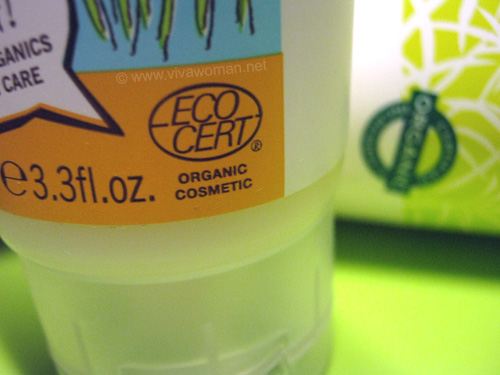
Synthetic free
In addition, certified organic products should be free of synthetic emollients, synthetic humectants, synthetic emulsifiers, synthetic surfactants, synthetic preservatives, artificial dyes, colorings, and additives. And if you go by the percentage or organic ingredients allowed for certification, Ecocert is not at all impressive if you are looking for a product containing mostly certified organic ingredients. But if you’re just into natural ingredients, then a product certified under Ecocert is good enough.
Expensive to get certification
Decisions to get such seals from the certifying bodies essentially lie with the cost. I’m not about to go into the specifics but I know it’s very expensive to obtain organic certification and this is why some companies do not obtain the labeling although many of their ingredients used in their products maybe from organic sources. Hence, the next best thing to do is to highlight that their products use certified organic ingredients. Technically speaking, that’s above board; the only issue is that the market is not mature enough and some consumers may not be aware of the truth and think they’re paying for a product that is certified organic.
Your view
So are you very particular that your organic products must bear logos and seals from the better known certifying bodies? For me, it’s good but I don’t want to have to pay an arm and a leg for such product. In fact, I don’t even need the product to be organic as I’m good with products with natural ingredients that are free of synthetics. However, I definitely take issues with companies that abuse the word ‘organic’ and use it to name their products when their products cannot be even considered as natural in the first place.
Comments
Leave a Reply
You must be logged in to post a comment.

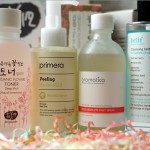
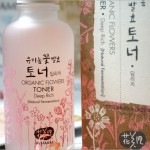
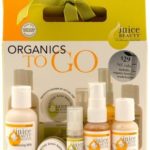









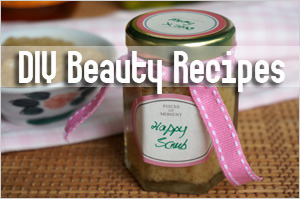
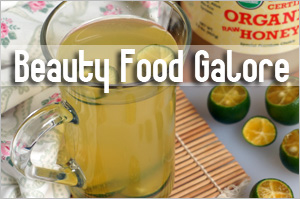
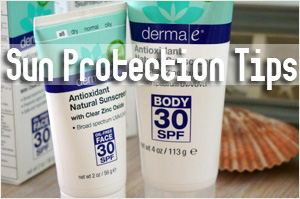
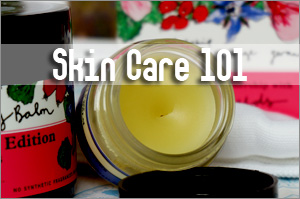
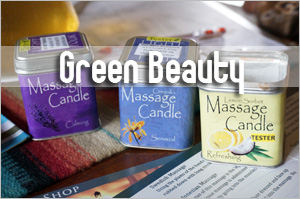
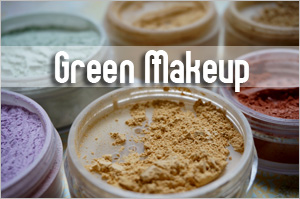
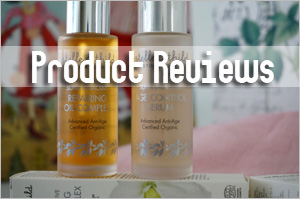

I total agree with you Sesame, that we shouldn’t pay a great deal on products with organic certifications. I tend to look out more for natural ingredients minus the synthetics,in products that I use. Organic certification is just another label that gives a customer an extra ‘assurance’ that it is worth the purchase. What I understand from all the organic labels, Eco Cert is the lowest level of the labels, wherelse USDA Organic is the GOLD standard amongst them. I love MVO alot, and though they do not have an organic certification, their intelligent ingredients are superior enough to win me over and they pass the EWG standards.
Same thoughts. I’m good with Ecocert as it means the ingredients are mostly natural. The products also do not cost that much.
I don’t really mind if the product has some organic stickers on it. I pay more attention on the ingredient list and whether the product works. As long as it is not loaded with chemicals and affordable, I’m happy.
I’m using Tresemme Natural shampoo and conditioner. Although they’re not 100% organic with only a few ingredient being certified, but it’s good enough for me.
I’ve read a bit about Tresemme Natural Shampoo…I think I should give it a try!
i also learnt about organic certification and such from-
http://livingmaxwell.com/organic-101#categories
Like some of the comments above, the certification do not matter to me as much as the ingredients list. Just like others, i have this simple rule- if I cant say/ pronounce it, i dont need to use it! ;)) Anyway, with me relying increasingly on home-made and EOs for beauty and well-being, i have less to worry about ingredients or certification.
That site you pointed to is more about food and drink; I guess for that, it is better to go fully organic if one is able to or it makes little sense. Certification matters for some people but if it comes at a premium, I don’t think it’s really worth it.
I’ve just posted a link to your article on cozycot’s forum. More people should educate themselves instead of listening to sales blurb or get fooled by “organic” printed ?
Thank you Audris! ?
I heard that getting sertification is free at all! Can you give a link where it is sad a sertification should be paid? Well, anyway, I look for sertification because it guarantees that the list of ingridients is shown truly (INCI) and that the product and the ingridients haven’t been tested on animals and also that the package is recyclable. So, for me it isn’t enough for the product to be only natural.
No, it’s not free for those established ones. The information I go through speaking to the brands themselves as well as from the certification bodies. I might have a link on my article…otherwise, if you google for how to obtain Ecocert or USDA Organic certification, you should get the answer.
Thank you! I’ll try to search there. Actually I looked on their sites for information what each of them meens speaking “organic” ))) Well, I for now, found only one brand there where I live, which is not sertified but has good ingridients and use some organic ingridients. And they do not do animal testing. The only bad thing, they sometimes use in creams phenoxetanol.
As a producer of organic cosmetics, I truly agree with this. Watch for USDA and Soil Association logos (must be 95% certified organic) rather than Ecocert label.
All should be organic because there is no reason for not choosing organic moisterizers, herbs and oils. The only exceptions, are emulsifiers, preservatives and surfactants, where organic options are less easy to find.
The only natural ways for preservatives is using organic distilled alcohol and/or combination of certain essential oils and plant extracts, which of course can be organic. Some include honeysuckle, olive leaf, thyme, oregano, sorbus, benzoin resin and cynnamon. Some companies make these herbal mixes as fragrances, but then the danger is of not knowing its composition. There is also certified organic grapefruit seed extract, which does not have contaminants. All of these are by themselves rather weak preservatives, and so require clean production and a combination between them.
Natural and organic emulsifiers in creams can be gums, starches, rice bran, hydresia, while lecithin makes greasy creams.
Surfactants, that’s the hard challenge. I am looking for organic options, but there aren’t. Castile soap is too alkaline for your hair, while yucca, shikakai or quillaja are good cleansers but poor foamers. Decyl glucoside and others are not organic but are acceptable skin-safe options, until someone produces an organic foamer.
I absolutely agree with the opinion, that the certification is not as important as the ingredients who really are in the products. Here in Europe we support BDIH/Cosmos, which is very strong and special for cosmetics only. As I understand USDA is a food standard, and not covering everything which is important for cosmetics